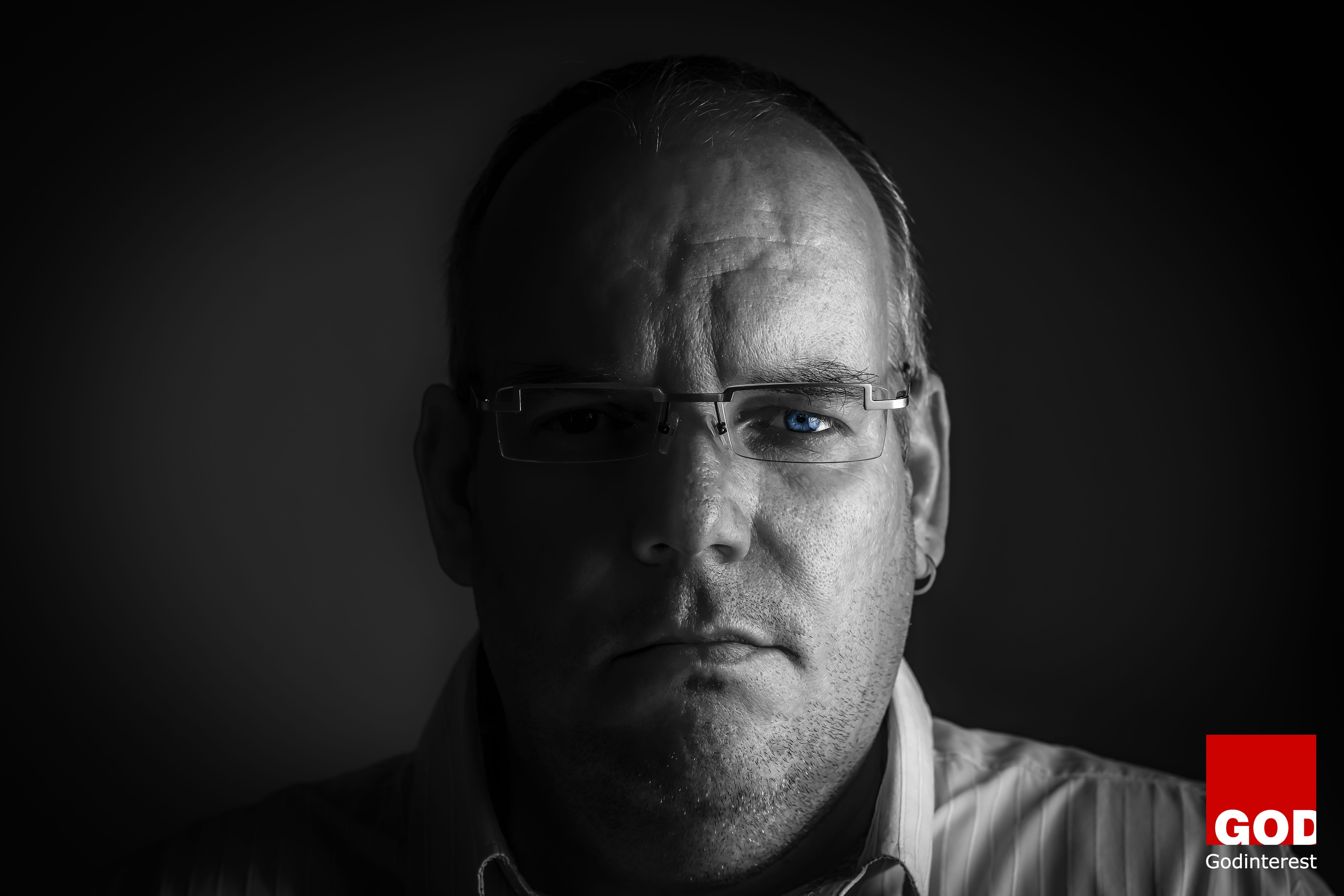Honesty is a character trait every child of God should develop. It is in man’s old, corrupted nature to be deceitful. It is true that you can actually surprise yourself. Jeremiah 17:9 says that one can be deceived by his very own heart. It can be difficult to maintain full awareness of one’s own intentions and motives. However, a person quickened by the Holy Spirit now has the ability to stay aware, for “the Spirit searches all things”. With the guidance of the Holy Spirit, we can make accurate assessments and we can work towards honesty and sincerity.
The Bible share a few things about honesty:
We are to work and do business with honesty.
“Use honest scales and honest weights, an honest ephah and an honest hin.” (Leviticus 19:36)
“You must have accurate and honest weights and measures, so that you may live long in the land the Lord your God is giving you.” (Deuteronomy 25:15)
In former times, people traded using weights and scales. An unfair yet prevalent business practice was to rig weighing scales so that goods were heavier than they actually were. God did not want His people to participate in that kind of business culture. God desires His people to be honest workers and businessmen. Goods should be presented and priced according to their actual conditions and capacities. Workers should put in honest work hours. Products should arrive as agreed upon.
Let me tell you about Mike. He is a real person. For some years, this God chaser owned and managed a second-hand car sales shop. Prospective buyers came in and were surprised every time. He gave full details of the things that were wrong with the cars they were checking out. He informed people about what was lacking in the cars they took interest in. And you know what? He actually sold all his cars that way. Every unit he ever had, he sold. God does bless honest people.
We are to speak with honesty.
“Therefore each of you must put off falsehood and speak truthfully to your neighbor, for we are all members of one body.” (Ephesians 4:25)
“Do not lie to each other, since you have taken off your old self with its practices.”
We will not debate about the rightness of white lies and half-truths which people utter for the “greater good” (like when Corrie Ten Boom lied in order to rescue many Jews from the Holocaust in World War 2).
Let’s talk about plain and simple honesty. When we speak with honesty:
- We do not mislead someone into believing something that is not true.
- We do not prevent someone from accessing helpful or rightful information.
- We do not hide or cover up what is wrong.
God wants His people to be honest. Our speech should not be motivated by a desire to pretend or misrepresent something. We should be genuine and sincere. Our speech should not deprive others of justice. When we’ve wronged someone, we must be ready to admit it and make things right.
Honesty may require us to rebuke others of wrongdoing.
Open rebuke is better than secret love. (Proverbs 27:5)
“If your brother or sister sins against you, rebuke them; and if they repent, forgive them.” (Luke 17:3)
“Rebuke them sharply, so that they will be sound in the faith.” (Titus 1:13)
No good has ever come from suppressing our hurts. You don’t find the resolution you need. No good has ever come from ignoring wrong deeds. The other person does not get better when you stay quiet. Many times, to confront and rebuke is more fruitful. However, we must remember that the right reason for this is love. So, when we speak truth, we are to speak out of love, in love. (Ephesians 4:15) When we correct, we must correct in a spirit of gentleness. When we speak truth to someone, our desire should never be to prove ourselves right or to flaunt our self-righteousness, but always, to restore the erring person to rightness. (Galatians 6:1)
James E Faust said, “Honesty is more than not lying. It is truth speaking, truth living, and truth loving.” May God’s people be known for honesty today.

















